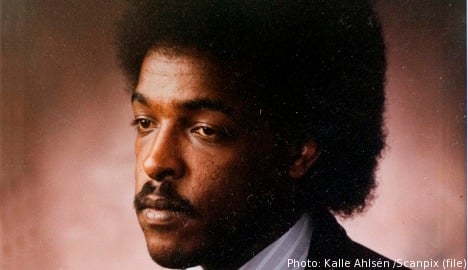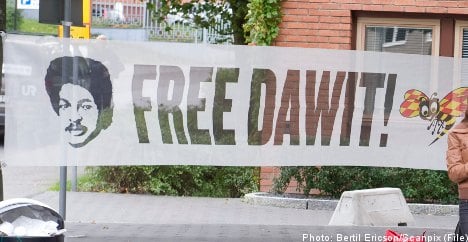Contrary to what Sweden’s foreign minister Carl Bildt has been saying, Afwerki denied that Sweden was using any form of silent diplomacy to get Dawit Isaak out of prison, in an interview with national newspaper Aftonbladet.
Isaak, a Swedish journalist, has been imprisoned in Eritrea for more than ten years without trial or official charges.
Little is known of his well-being, or where he is. Afwerki wouldn’t comment on a long-standing rumour that Isaak is dead.
“This question no longer deserves my answer. If Sweden’s government want to make this a huge issue, we can only say that we have other things to do.”
The contact between Sweden and Eritrea now has stopped entirely, said Afwerki in the interview.
“We don’t talk to the Swedes at all,” he said.
The Eritrean president’s comments have surprised Sweden’s foreign ministry.
“I don’t know what lies behind this,” said cabinet secretary Frank Belfrage to news agency TT.
“But first of all, our work to get Dawit Isaak free continues tirelessly, and second of all, we have regular contact with high representatives from Eritrea. Our ambassador is there regularly, he’s going on his 37th visit next week.”
Leif Öbrink, head of the organization Free Dawit Isaak, agrees that Afwerki’s statement is untrue and simply part of a “game of chess”.
Öbrink states that diplomatic connections between the two countries definitely still exist.
“The Swedish ambassador for Eritrea is down there occasionally. So that means the diplomatic connections are not broken off, as the president is trying to say,” said Öbrink to Aftonbladet.



 Please whitelist us to continue reading.
Please whitelist us to continue reading.
Member comments